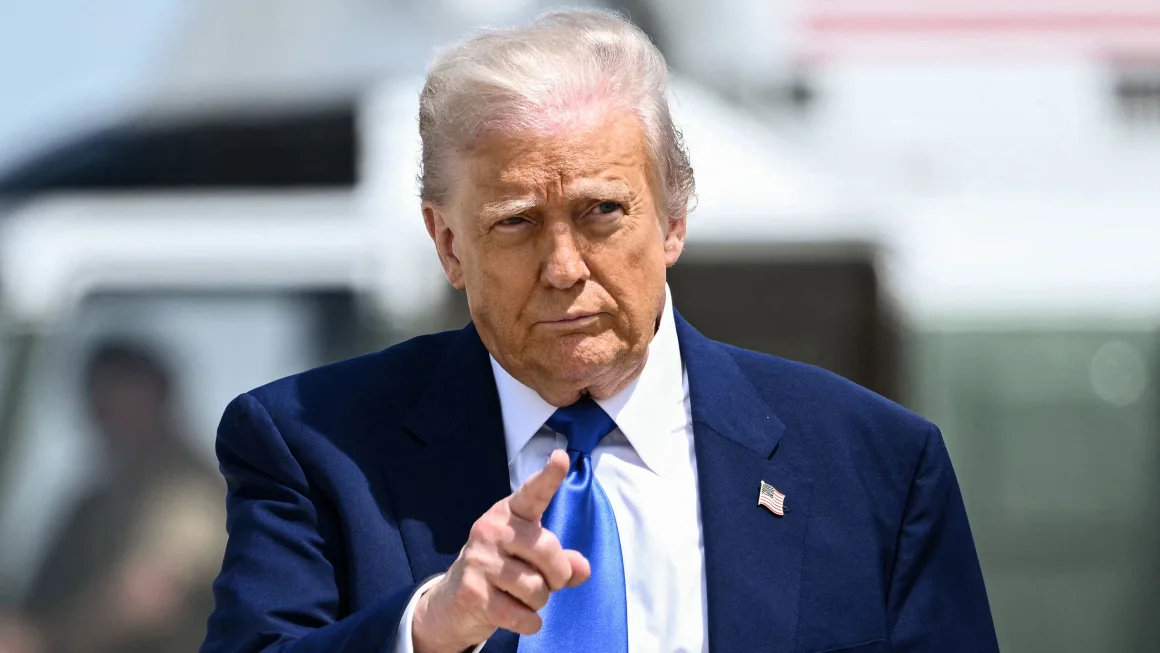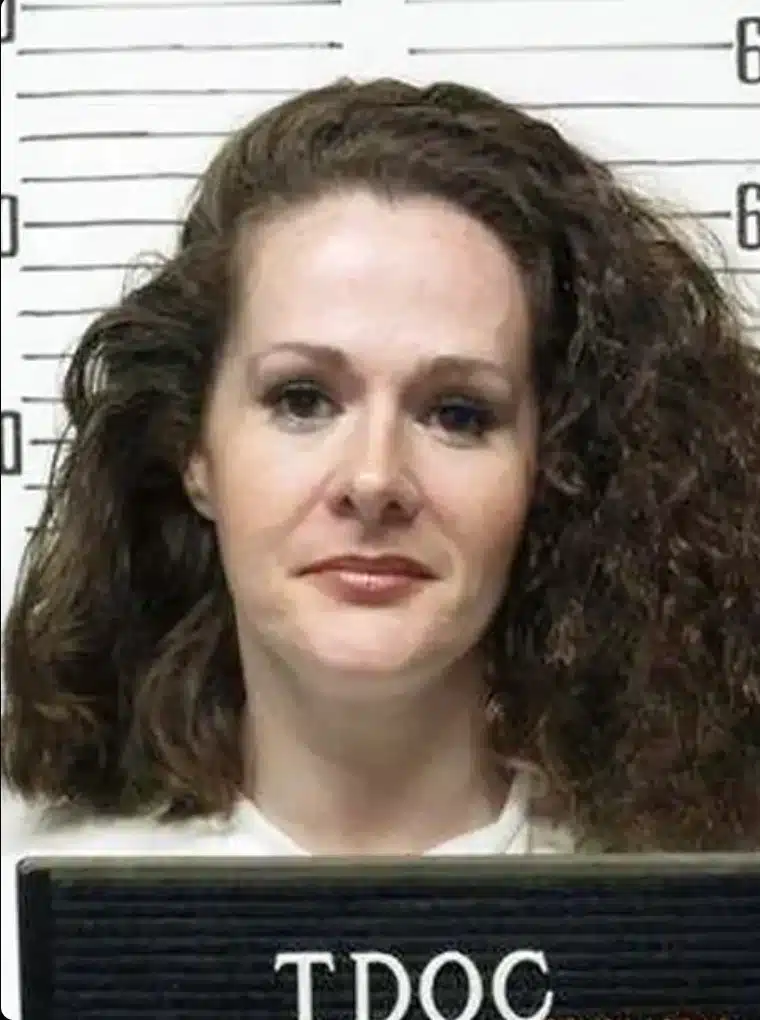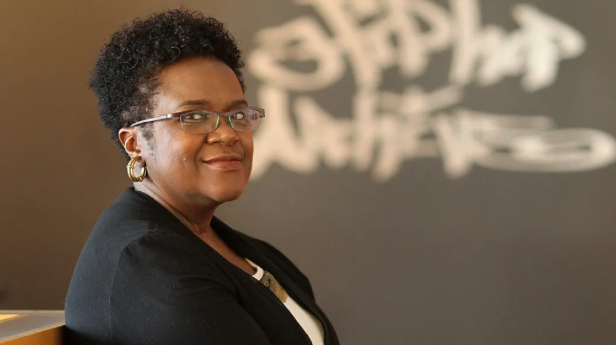The Trump family’s crypto empire is expanding rapidly, and it’s making earlier ethics debates over his hotel and casino business interests look downright quaint.
There are only so many rooms a foreign diplomat can book to curry favor with the president, and that might total into thousands of dollars, at most. And even President Donald Trump might have a limit on how many luxury Qatari jets he’d accept as gifts.
But in the opaque world of cryptocurrencies, where transactions are often anonymous and unbound by national borders, there is virtually no cap on the amount of money a person or government could funnel to the president, his family and the growing list of entities they control.
That list of entities already includes two “meme coins” — digital assets with no utility that serious crypto advocates tend to roll their eyes at — and an exchange called World Liberty Financial, which issues its own token.
And soon, anyone with a brokerage account will be able to buy shares on the open market of American Bitcoin, a crypto mining firm backed by the president’s sons, Eric Trump and Donald Trump Jr.
‘Sum of all fears’
News of American Bitcoin’s plans to go public emerged Monday night, around the same time that another crypto side hustle was wrapping up: Bidding ended Monday in an auction for a private dinner with Trump, billed as an “unforgettable gala,” for the top holders of the $TRUMP meme coin. The top 25 were promised face time with Trump and a “VIP tour” of one of his private clubs.
The dinner auction may be the most flagrant pay-to-play effort Trump has engaged in as president so far.
“He is essentially selling access to the presidency of the United States,” said Jordan Libowitz, vice president for communications at the nonprofit Citizens for Responsibility and Ethics in Washington, or CREW.
Libowitz described the auction as “the sum of all fears” scenario — the exact thing that the United States’ founders were worried about when they included the (unfortunately branded) emoluments clause in the Constitution. (Tl;dr: People working for the federal government can’t receive gifts from foreign governments without Congress’ approval.)
Presidents giving access to campaign donors is nothing new — in the ’90s, the Bill Clinton administration lavished dozens of Democratic contributors with stays in the Lincoln Bedroom, in a scandal known as the Fat Cat Hotel. But crypto offers a level of anonymity and scale that the White House has never seen.
Over the past month, crypto investors plowed an estimated $148 million into Trump’s meme coin, according to Reuters, which cited data from crypto research firm Chainalysis.
The vast majority of the coin’s supply — 80% — is held by two Trump Organization affiliates, which make money through transaction fees. Chainalysis estimates that those entities raked in at least $1.3 million in fees in the weeks after Trump announced the private dinner auction.
The dinner auction is just part of the crypto controversy.
Earlier this month, the New York Times’ David Yaffe-Bellany reported that World Liberty Financial had secured a deal to take $2 billion in deposits from a venture fund backed by the government of Abu Dhabi — a revelation that helped torpedo crypto industry-supported legislation in the Senate last week.
Even crypto advocates on the right aren’t loving the optics of a president directly enriching himself and his family through an industry that he is not only actively working to deregulate but also bolster through the establishment of a “strategic” bitcoin reserve.
Sen. Cynthia Lummis, Republican of Wyoming, one of the sponsors of the stalled legislation, told the Times in an interview that Trump’s profit-seeking “does give me pause because it complicates our work here.”
The White House, for its part, has repeatedly pushed back on any questions about the president’s business interests.
On Friday, White House press secretary Karoline Leavitt dismissed a question about whether the president would conduct personal business meetings on his trip to the Middle East.
“It’s frankly ridiculous that anyone in this room would even suggest that President Trump is doing anything for his own benefit,” Leavitt said. “This White House holds ourselves to the highest of ethical standards.”
(Ethicists and legal experts disagree, as my CNN colleagues note in their investigation of Trump family’s expansive financial interests in the Middle East.)
Trump’s crypto entanglements are particularly worrying, according to Libowitz, for two reasons.
For starters, crypto is still niche, and a 2024 Pew study found just 17% of US adults have ever invested in, traded or used a cryptocurrency. (And if they know about the industry, they likely know it through names like Sam Bankman-Fried, the founder of crypto exchange FTX, who is serving a 25-year sentence for fraud.)
“There’s almost a level of security by obscurity,” Libowitz said.
Second: The scale of the potential corruption is boundless.
“There’s a limit to how many $800 hotel rooms you can book… And you’re limited in the thousands or tens of thousands of dollars,” he said. “But someone can just make a $20 million crypto purchase, and that’s a scale we’ve never seen before.”




